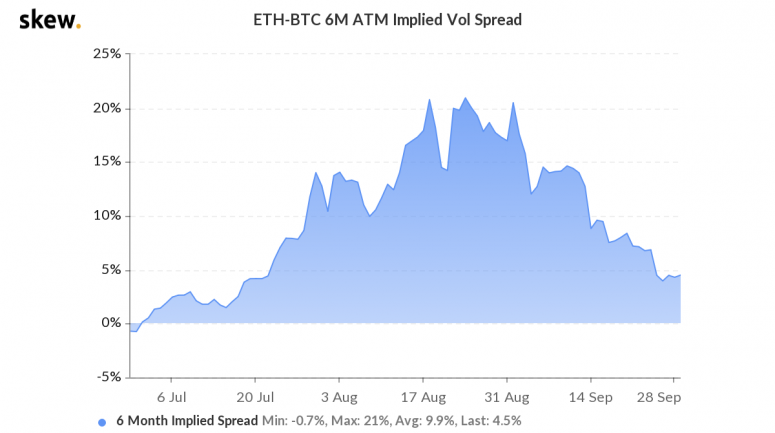It might be part of every job in crypto to anticipate and react to fast-moving developments that seemingly change the industry’s direction overnight.
And apparently not even Changpeng “CZ” Zhao, the high-profile leader of Binance, the world’s largest cryptocurrency exchange, is immune to the industry’s capricious shifts.
In a video interview with CoinDesk’s Muyao Shen, Zhao acknowledged that the emerging blockchain sector of decentralized finance, known as DeFi, could eventually upend the business that Binance has grown to dominate: running a centralized cryptocurrency exchange.
“Our mission is not to build a CeFi exchange,” Zhao said in the interview, using a shorthand term for centralized finance. “Right now it is one of our larger businesses that support our growth. But over the long term, we want to push decentralization.”
The company’s new foray into DeFi, Binance Smart Chain, attempts to replicate some of the features of the Ethereum blockchain that have proven fertile for developers building decentralized, blockchain-based trading and lending applications that theoretically could one day challenge traditional lenders and Wall Street trading firms.
Like rival cryptocurrency exchanges OKEx, Huobi and Coinbase, Binance is trying to hold on to its central role in digital-asset markets as upstart DeFi projects like Uniswap, Curve, Balancer and SushiSwap attract a bigger share of industry trading volumes. Zhao says he’s open to the idea that Binance may have to adapt its business model to stay relevant, especially with total collateral locked into DeFi protocols surging 16-fold this year to $11 billion.
In designing Binance Smart Chain, the company had to sacrifice elements of decentralization to compete against Ethereum and protect the company’s brand. Binance Smart Chain is controlled by 21 node operators, which are elected by Binance Coin (BNB) holders. But because the company is one of the largest holders of the BNB tokens, it retains significant control over the project’s direction.
“There is a trade-off between more decentralization versus speed, so we thought that 21 nodes run by the community is probably enough,” Zhao said in the interview.
Bitcoin Watch

With the U.S. elections just five weeks away, the market focus looks to be shifting back to bitcoin from ether.
The spread between the six-month implied volatility (IV) for ether (ETH) and bitcoin (BTC), a measure of expected relative volatility between the two, fell to a 2.5-month low of 4% over the weekend, according to data source Skew.
The IV spread peaked at 21% in mid-August and has been declining ever since.
“The decline could signal a change in market leadership back to bitcoin after a couple of months focus on the Ethereum complex,” Skew’s CEO Emmanuel Goh told CoinDesk.
The impending U.S. elections could be the most contentious in modern history and have a significant impact on traditional markets. As such, bitcoin, which some investors argue has evolved into a macro asset over the past six months, could lead the price action in the crypto markets in the near term.
Token Watch
Filecoin IOU (FIL): Three years after $257 million initial coin offering, blockchain-based data-storage provider says main network is set to launch around mid-October.
Ocean Protocol (OCEAN): Artificial intelligence and data service suspends old contract on Ethereum blockchain and hard-forks project to help thwart $150 million KuCoin hack.
What’s Hot
Analogs
The latest on the economy and traditional finance
The U.S. economic response to coronavirus crisis “sparked a massive stock-market rally that left the rest of the world in the dust” (CNBC)





